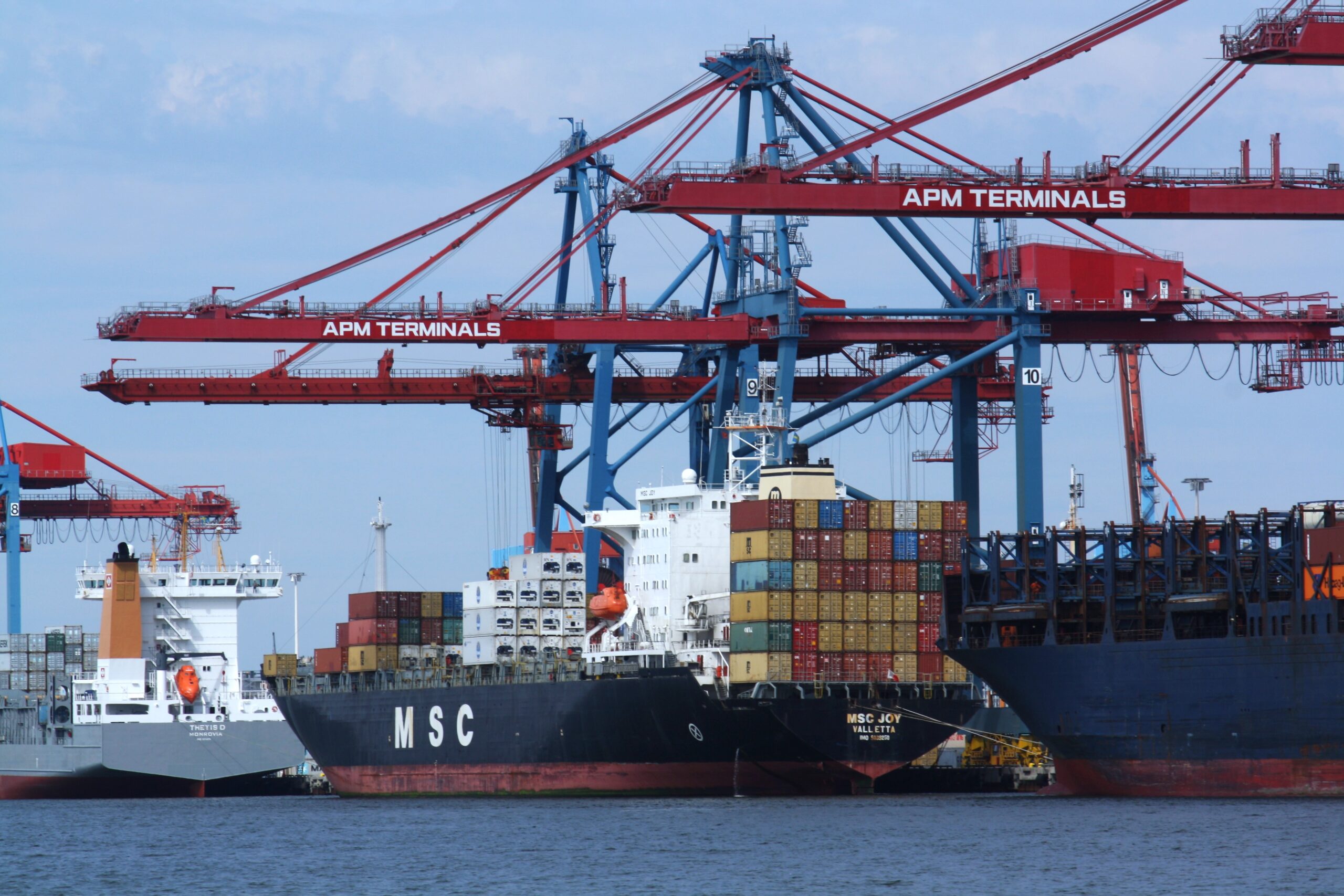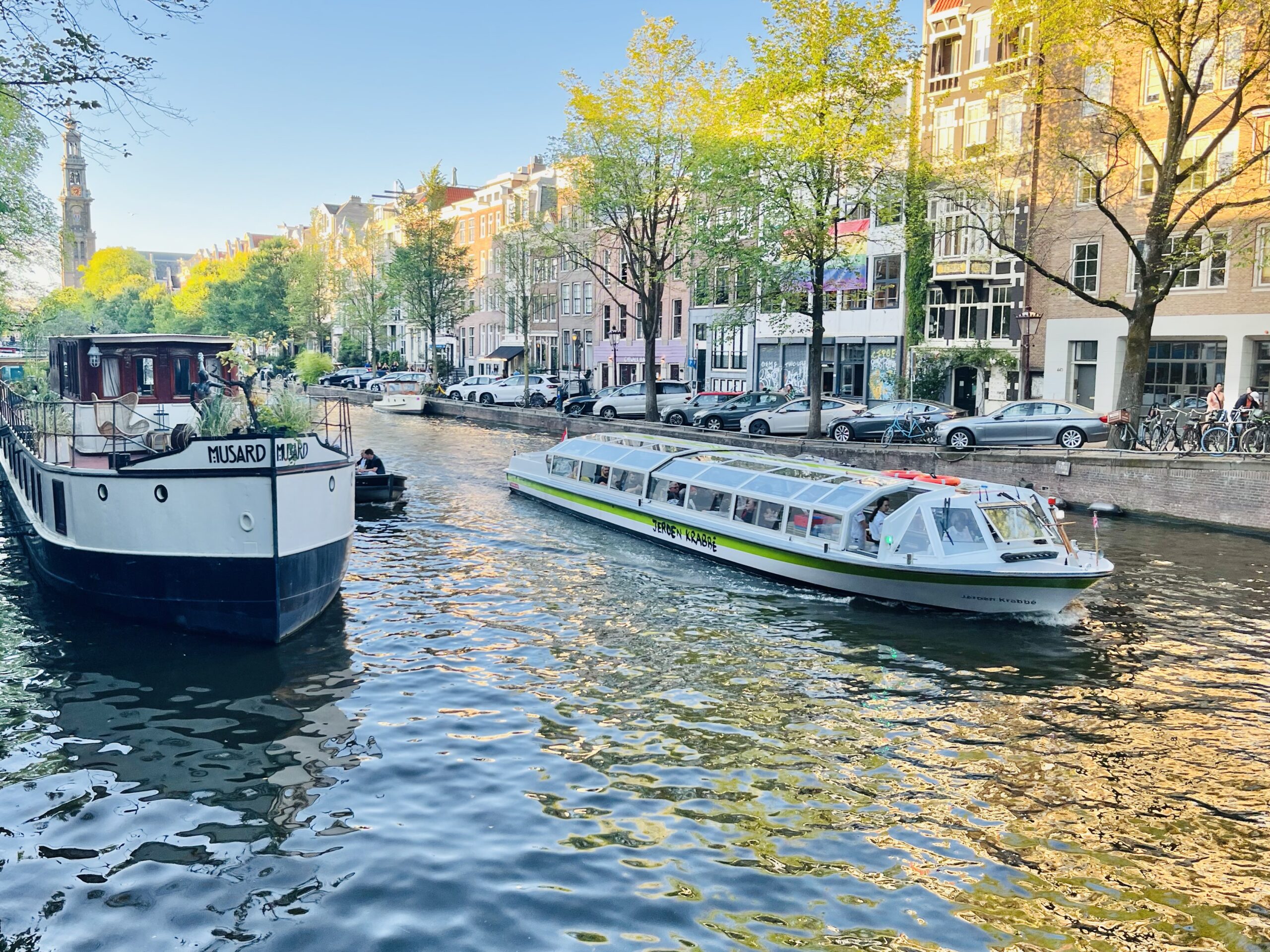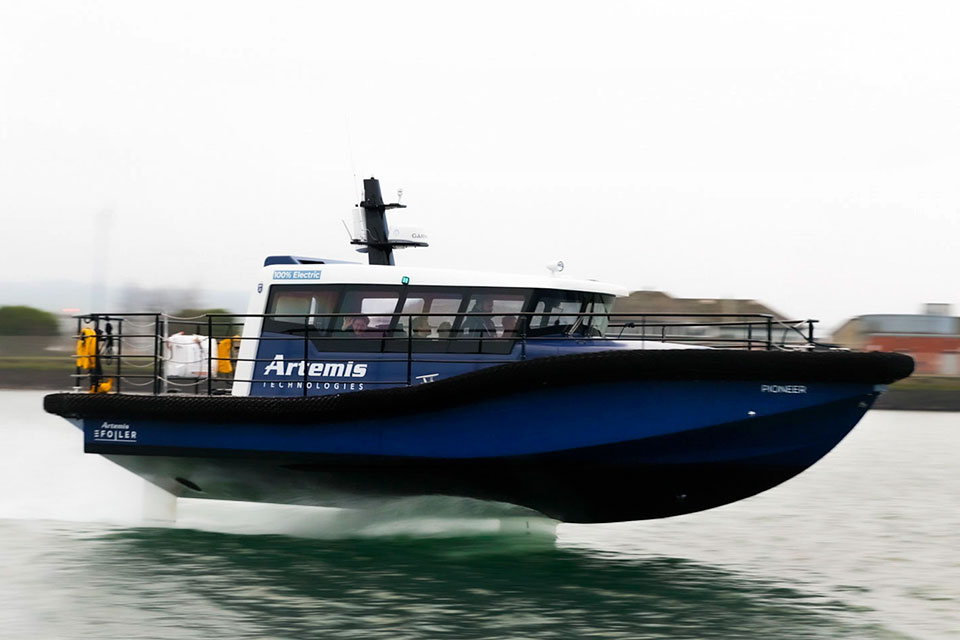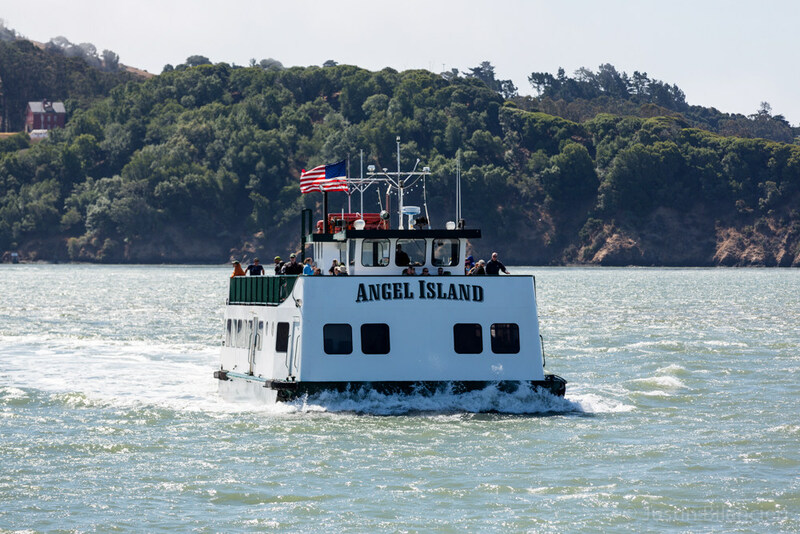The European Parliament and the Council of the European Union have reached an agreement to help the maritime transport industry reduce its net greenhouse gas emissions by at least 55% by 2030 and achieving climate neutrality by 2050.
The co-legislators have agreed on new EU regulation, FuelEU Maritime, which aims to gradually reduce greenhouse gas emissions from the shipping sector through the use of cleaner fuels and energy.
FuelEU Maritime will set maximum limits on the yearly greenhouse gas intensity of the energy used by a ship, with targets becoming more ambitious over time.
In addition to reducing CO2, these targets will cover methane and nitrous oxide emissions over the full lifecycle of the fuels.
The new rules will also introduce a zero-emission requirement for passenger ships and containerships to use on-shore power supply (OPS) or alternative zero-emission technologies while docked. This regulation will mitigate air pollution in European ports, thus benefitting nearby communities.
The political agreement was established on 23 March and must now be formally adopted by the European Parliament and the Council. The new rules will then be published in the Official Journal of the European Union and will enter into force 20 days after publication.












